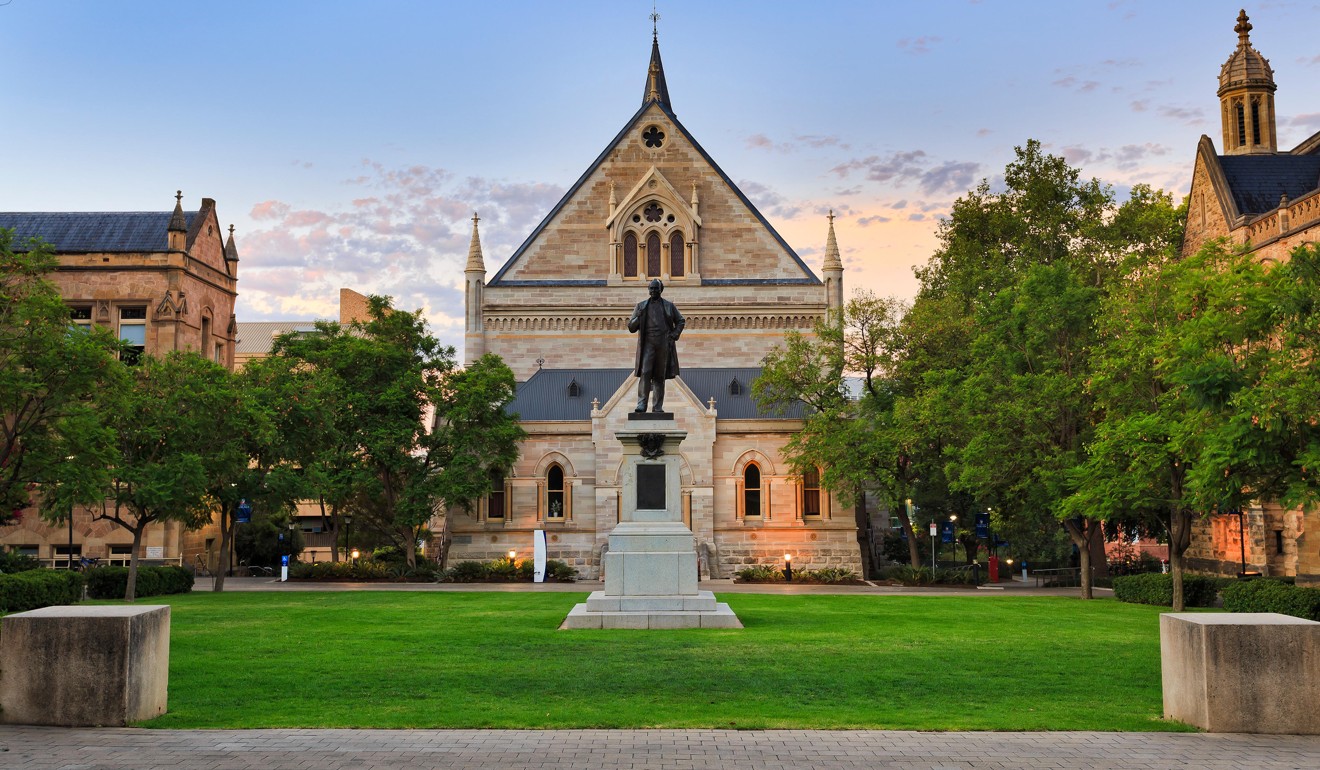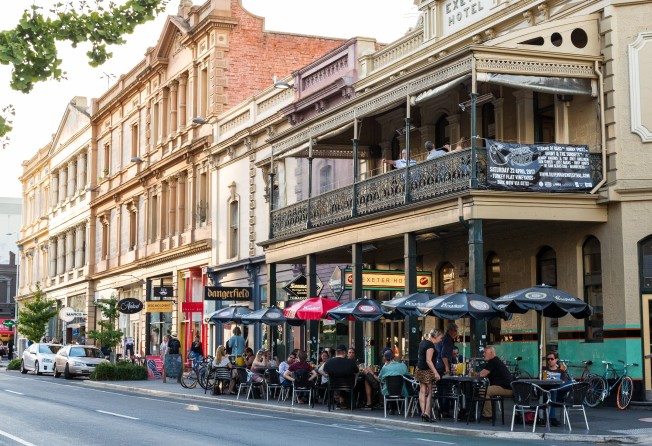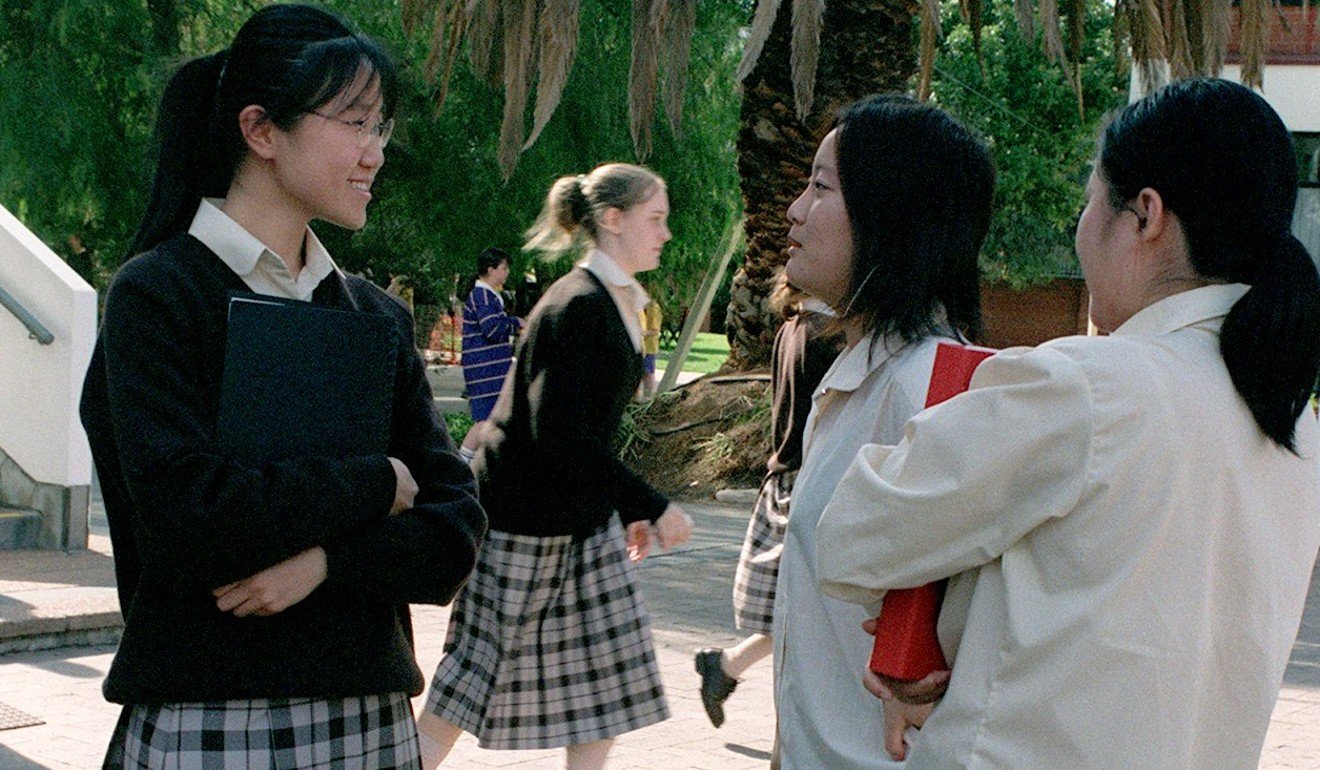
Learn to live: student accommodation in Australia offers value for investors
Singaporean sovereign wealth fund GIC and Singapore-based developer Centurion act on lack of purpose-built student accommodation in Australia

Student accommodation in Australia has finally come of age as a property investment class, with Hong Kong and mainland Chinese investors showing strong interest in the sector. According to a Savills report, the once-fragmented sector is becoming institutionalised, as evidenced by major acquisitions from Asia-based funds over the past two years.
Rachel Coates, of Savills’ Sydney office, says investors are attracted to its strong fundamentals in relation to core property asset classes in Australia, and other student accommodation markets globally.
Coates, who is the firm’s associate director of student accommodation, cites Singaporean sovereign wealth fund GIC’s acquisition in the second quarter of 2017 of two Frasers Central Park assets, for an estimated A$430 million (HK$2.7 billion). It estimates the Sydney properties, which provide 1,041 student beds, should show an initial net yield of 5.73 per cent.
This sale “sets a new benchmark”, reflecting in Coates’ view the weight of capital looking to acquire operational student accommodation assets from existing investors and new entrants to the market.
Singapore-based developer Centurion has announced a major student accommodation project in Adelaide. The $A45.5 million, 280-bed property will form part of Centurion’s dwell-branded student accommodation business, to be known as dwell Adelaide. It will be built in the vibrant Adelaide East End, with an expected completion by late 2018.

Savills research underscores existing demand. With the exception of Canberra, its analysis shows that Sydney, Brisbane, Melbourne, Adelaide and Perth all have less than one bed of purpose built student accommodation (PBSA) for every 10 full-time students.
“Sydney has an acute shortage of good quality PBSA with less than one bed per 8.9 full-time students and even with a proposed pipeline delivery of just over 5,300 beds in the next four to five years, there will still be a significant shortage,” Coates says.
These strong supply and demand characteristics alongside the opportunity for annual growth and a lower risk profile due to the granular nature of the income prove appealing to investors, who are also attracted to the yields demonstrated through the limited amount of transactional activity compared to other asset classes and more mature student accommodation markets such as the United States and Britain, Coates adds.
There is a huge demand among Chinese and other international students for rental housing near Australia’s big east coast universities
Net initial yields for prime direct-let student accommodation in London are sub-5 per cent, she says.
In terms of individual investors, Savills reports keen interest from Hong Kong buyers and, more recently, from mainland China. “Chinese students are the largest group of international students and naturally demand from investors is aligned with their children and extended families studying in Australia,” Coates says.
News reports estimate that almost 50,000 Chinese students study in Australia, with their numbers increasing by healthy double digit figures on an annual basis.
Jane Lu, head of Australia for Juwai.com, a Chinese international property website, agrees that a shortage of student housing in Australia is “undoubtedly” fuelling local investor interest.
Last year, she adds, Australia’s international student population swelled by 14 per cent, with Chinese students, the largest foreign demographic, accounting for a quarter of that tally.
Because mainland Chinese and Hong Kong families know the challenges of finding housing for their children studying overseas, student housing may seem like a great investment.
“There is a huge demand among Chinese and other international students for rental housing near Australia’s big east coast universities,” Lu says, adding that buyers “have to look carefully, however, to avoid making a bad investment”.

“These units are small, and there is no limit to the number of competing units that can be built nearby,” she says. “You also face competition from developers like Scape [backed by China’s ICBC International, the Netherlands’ largest pension fund asset manager APG and Dutch real estate investment manager Bouwinvest] who are building and operating entire towers of student rental accommodation, which through competition could feasibly drive down your rental income in the years to come.
“However, if your priority is a turnkey investment with a low price point that offers yield over growth, student housing might be for you.”
As Chinese and Hong Kong investors begin to seek lower-priced property in Australia, student housing becomes more appealing, Lu says. “With starting prices that may be about a fifth of the average home price in Melbourne or Sydney, they are an investment that is easy to afford. If you add to that the risk that the yuan may devalue in the coming 12 months, having a stream of Australian dollar income can look desirable.”
As for future prospects, Paul Savitz, director of research and consulting at Knight Frank, expects that international equity will continue to be attracted to the sector as investors look to diversify capital across regions and into assets perceived as “less risky” and higher yielding.